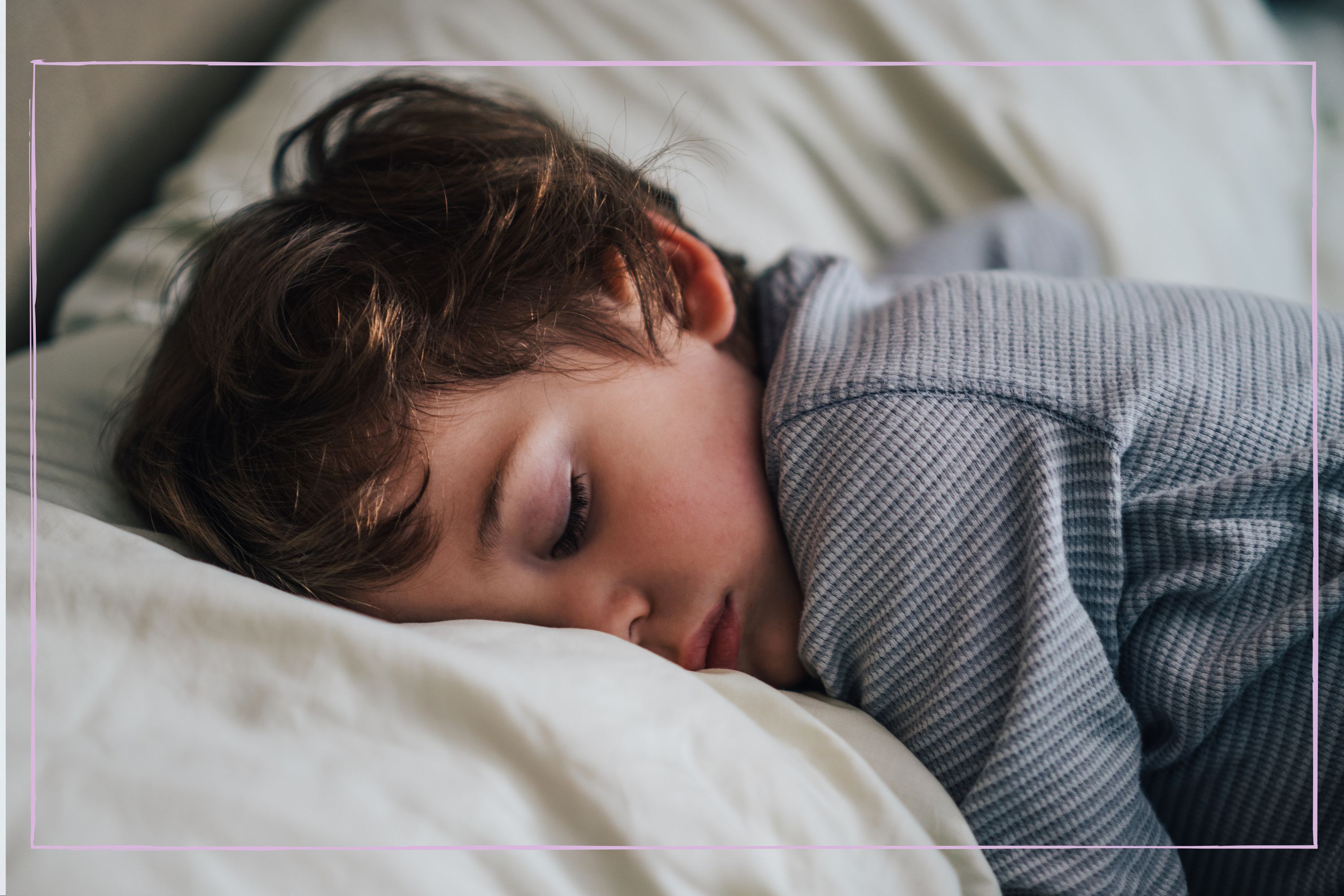New research shows number of children taking sleeping pills has doubled over past 7 years - but there are other ways to help children build better sleep habits
A number of lifestyle factors have made sleeping more difficult for children in recent years, experts say

New NHS data has revealed that the number of children being prescribed sleeping tablets by the NHS has doubled over past 7 years, with a number of them being issued to babies under the age of one.
Everyone has trouble sleeping from time to time, with parents often left wondering 'why am I so tired all the time?' as they deal with a lack of sleep as a new parent, and all parents can relate to the struggle of getting newborns to stick to their sleep schedule and get enough deep sleep to take on the day.
But it appears that more and more people, children especially, are now struggling with sleep problems.
According to reports in The Sun, NHS doctors across the UK prescribed more than 700,000 sleeping tablets in 2022 to patients, with 80,274 of them being for children and babies who were struggling to nod off at night.
It is a 'worrying' and 'concerning' increase of a quarter in three years and of 110% in seven years, experts say, with children aged 11 most often being given the sleeping tablets. Even more worrying is the fact that 154 of the prescriptions were issued to babies under the age of one.
Speaking about the new data, Dr Sarah Jarvis told The Sun, "This rise in sleeping tablets is a real concern because, as doctors, we try to avoid sleeping tablets at any age and only give them out in extreme cases."
So what is causing these sleep issues? According to Dr Jarvis, there is 'very good evidence' that the increasing amount of childhood mental health issues that are especially prevalent in teenagers today are to blame.
GoodtoKnow Newsletter
Parenting advice, hot topics, best buys and family finance tips delivered straight to your inbox.
"Depression and anxiety both commonly lead to problems sleeping – whether it’s not getting to sleep, waking up often during the night or waking early in the morning," she said, adding that these mental health struggles have only been heightened by children's increasing use of social media.
The NHS is in agreement, saying that the sleep issues faced by kids highlights the importance for better mental health services. A spokesperson for the NHS said of the data, "These figures show the continued unprecedented pressures faced by children and young people and reflect the increased demand for children’s mental health services — the NHS is providing mental health support to more children than ever before and is expanding provision as quickly as possible within the current five-year funding arrangements.
"We know there is even more to do to meet the increased demand and that’s why plans are in place to ensure more than half of pupils can access an NHS mental health support team offering early support in schools by Spring 2025 — significantly ahead of the original target."
If you or your child are struggling with sleep problems, there are plenty of at-home remedies and tips you can try out to ease the struggle. Experts have revealed 15 easy ways to fall asleep fast that include things you can do during the day to help you fall asleep and also tips to nod off faster when you do get in bed. There are also tonnes of natural remedies that can help you unwind as well as non-physical measures you can take such as sleep affirmations. But, of course, if you or your child is suffering, consulting a doctor is always the best course of action.
Sleep has always been a huge problem for families. Research has previously revealed that the ‘rest gap’ is stopping women from getting enough sleep - and mums are suffering the most while Dr Becky has shared why your kids procrastinate at bedtime - and how to get them to sleep on time. Plus, for parents of teens, we explain how much sleep teenagers need.
Charlie Elizabeth Culverhouse is a news writer for Goodtoknow, specialising in family content. She began her freelance journalism career after graduating from Nottingham Trent University with an MA in Magazine Journalism, receiving an NCTJ diploma, and earning a First Class BA (Hons) in Journalism at the British and Irish Modern Music Institute. She has also worked with BBC Good Food and The Independent.